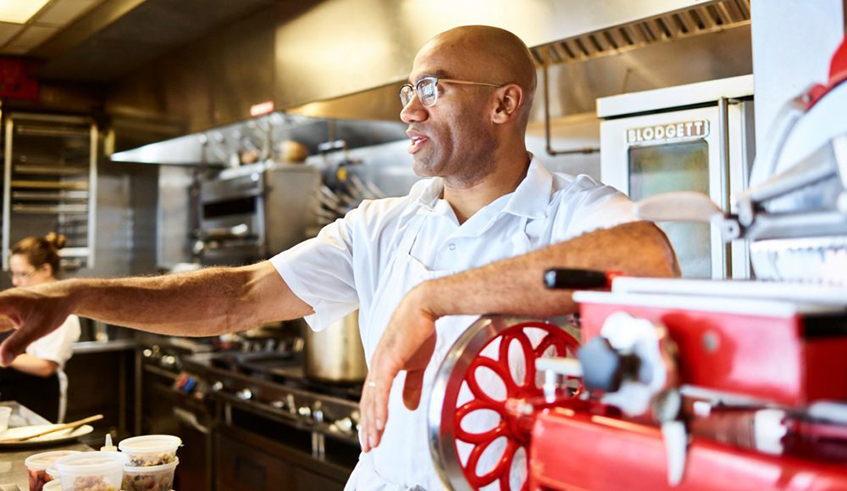

A failed business can have a devastating impact on a business owner. When a business venture fails, there are two most likely reactions from the entrepreneur— you either give up or dive back in again, trying to make it right this time around. And, the lessons learned can also make an entrepreneur stronger, wiser and more determined to succeed next time.
Claire Mutesi, a financial professional, explains that some of the common mistakes business owners make are overlooking the warning signs (for example, incurring consistent losses), not having a backup plan in place, and purchasing things that they can’t pay for.
She says that sometimes everyone thinks only about profit and growth. But business is known for losses and gains. For some, the loss is huge making it really difficult to recover. However, Mutesi offers a few tips can help;
Get help
Mutesi says that a great coach is an asset. Great business coaches know how to pay attention and can advise on how to go about losses or how to avoid them.
Go after your client
You need to define your ideal client. Find out where they are, and assimilate into their natural world. Get rid of your instant-gratification attitude and understand that becoming a pro in a particular product or service happens over time as you gradually build influence, Mutesi says.
Consistency matters
Make every hour count. There might be no time for pity parties. You need to show up every day regardless, success calls for consistent action, Mutesi says.
Change what can be changed
Mutesi also says that during this crisis, there are things that can be controlled and those that can’t. Financial loss can take a strain on all areas of your life, but use this as a time to take a look at your expenses. Cut some costs, move into a smaller place or a more affordable area if possible.
Also, she says, do away with some bills that you don’t need urgently.
Safety and wellness are key
Mutesi adds that remaining safe, staying at home, and taking proper precautionary measures for your health is necessary. Remain calm and lessen the risks of the pandemic as best as you can.
See this as an opportunity
A financial setback can provide you with the surprise you need to become a better investor, and possibly, eventually earn more. It’s an opportunity to assess your financial habits and see where you can improve.
"It is also imperative to spend less and save more. Perhaps the trickiest part of restoring your financial health is managing your emotions,” Mutesi says.
Mutesi also points out that the best solution for everyone is to thoroughly invest, for example, to invest according to a fixed plan, selecting a worldwide diversified portfolio, picking an asset allocation in line with your risk tolerance.
And through using low-cost investments, evading trades that attempt to predict a practice known as market timing, and talking to an expert. Spend time interviewing various advisers and read more about business topics and CEOs that have excelled in business.
In Marisha Donnelly’s article, ‘6 Tips for Bouncing Back After Failure’ she says, "Stop foolishly believing you’re the only one who’s failed. You have to get rid of the idea that you’re the only one in the world who’s failed at growing a company, driving revenue, writing articles, publishing a book, etc. (fill in the blank for anything that relates to you).
There are millions of people, every single day, who are messing up. In fact, you can pick up any successful person’s memoir, and guaranteed, that person has a story in there about failure. What they won’t have, though, is a story about giving up.
Failure, unfortunately, is inevitable. You could be at the top of your field, publishing articles, blogs, and dissertations that millions of people are reading. You could be managing a team of ten thousand, standing at the front lines of your company in authority and strength. You could even be the CEO of the fastest-growing start-up in the world. But you’ll still face failure at some point.
It’s time to stop thinking that you’re only successful when you’re perfect—perfection is an allusion. Being the best person, employee, boss, mentor, businesswoman, CEO, daughter, sister, friend etc. is about being the best that YOU personally can be. And it’s about picking yourself up, dusting yourself off, and continuing when you fall, Donnelly writes.


